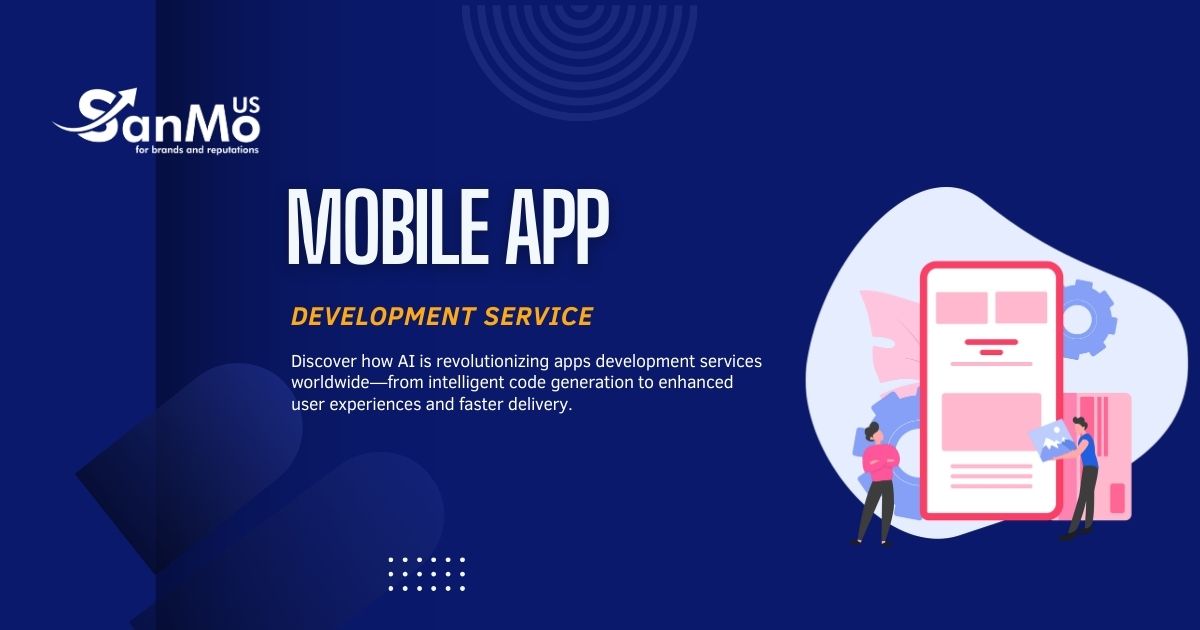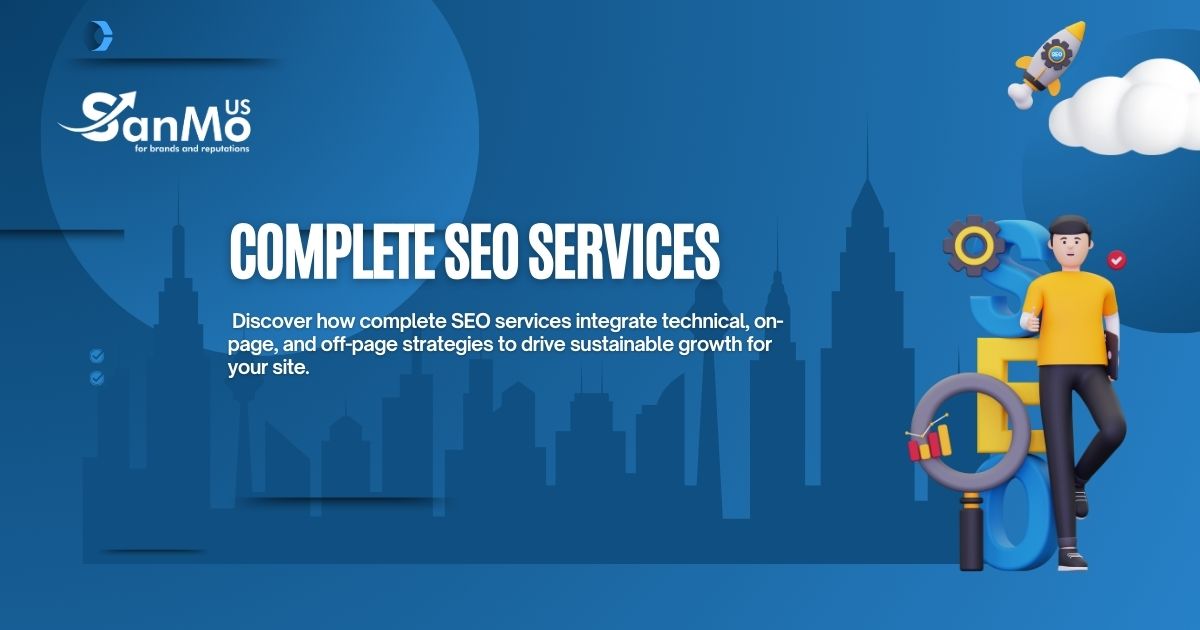Your online reputation follows you everywhere. From job interviews to dating profiles, business partnerships to social circles, what people find when they search your name can make or break opportunities before you even know they existed.
The digital footprints we leave behind create a permanent record of our lives. A single negative review, an old social media post, or misleading information can overshadow years of hard work and achievements. But here’s the good news: you have more control over your online reputation than you might think.
Personal reputation management isn’t just for celebrities or politicians anymore. It’s become an essential skill for anyone who wants to succeed in our connected world. Whether you’re a recent graduate entering the job market, a professional climbing the career ladder, or an entrepreneur building your business, managing your digital presence is crucial for long-term success.
This comprehensive guide will walk you through everything you need to know about personal reputation management, from understanding the basics to implementing advanced strategies that protect and enhance your online image.
What Is Personal Reputation Management?

Personal reputation management is the practice of monitoring, influencing, and controlling your online presence to ensure accurate, positive information appears when people search for you. It involves creating and promoting content that showcases your best qualities while addressing or suppressing negative information that might harm your reputation.
Think of it as digital public relations for your personal brand. Just as companies invest in managing their corporate image, individuals need to actively shape how they appear online. This process includes everything from optimizing your social media profiles to creating professional content that demonstrates your expertise.
The goal isn’t to create a fake persona or hide your authentic self. Instead, it’s about ensuring that your online presence accurately represents who you are at your best while minimizing the impact of content that doesn’t serve your interests.
Why Personal Reputation Management Matters More Than Ever
The statistics tell a compelling story about why reputation management has become so critical:
Professional Impact: Studies show that 70% of employers use social media to screen candidates during the hiring process. Even more concerning, 57% of employers have found content that caused them not to hire a candidate.
Business Consequences: For entrepreneurs and business owners, personal reputation directly impacts company success. Consumers increasingly research business leaders before making purchasing decisions, and negative personal information can hurt sales and partnerships.
Social Relationships: Your online reputation affects personal relationships too. People commonly search for new friends, romantic interests, and even neighbors online before forming connections.
Long-term Effects: Unlike offline reputation issues that fade with time and distance, digital information can persist indefinitely. A mistake from years ago can continue affecting your life unless actively addressed.
The permanence of digital information means that reputation management isn’t a one-time task—it requires ongoing attention and strategy.
Key Components of Effective Reputation Management
Search Engine Optimization for Your Name
When someone searches for your name, you want to control what they find. This means creating and optimizing content that ranks highly in search results. Professional profiles on LinkedIn, personal websites, and industry publications should appear at the top of searches for your name.
Start by claiming your name across major platforms, even if you don’t plan to use them immediately. This prevents others from taking those usernames and ensures you have options for future content creation.
Social Media Monitoring and Management
Your social media presence often forms the first impression people have of you online. Regularly audit your profiles across all platforms, removing or hiding content that doesn’t align with your professional goals.
Set up Google Alerts for your name to monitor when new content about you appears online. This early warning system helps you respond quickly to both positive opportunities and potential reputation threats.
Content Creation and Promotion
Proactive content creation allows you to shape your narrative rather than leaving it to chance. Write articles in your area of expertise, participate in industry discussions, and share insights that demonstrate your knowledge and values.
Professional photography and consistent branding across platforms help create a cohesive, polished online presence. Consider creating a simple personal website that serves as a central hub for your professional information.
Crisis Response Planning
Despite your best efforts, negative content may still appear online. Having a plan for addressing reputation crises helps you respond quickly and effectively. This might involve directly addressing false information, providing context for misunderstandings, or working to promote positive content that outweighs negative material.
Common Reputation Challenges and Solutions
Outdated Information
Old websites, forgotten social media accounts, and outdated professional profiles can create confusion about your current status and achievements. Regular audits help identify and update this information.
Solution: Create a comprehensive inventory of your online presence and systematically update or remove outdated content. For accounts you can’t access, contact platform support or work with reputation management professionals.
Negative Reviews or Comments
Whether justified or not, negative reviews about your professional work or critical comments on social media can harm your reputation.
Solution: Respond professionally to legitimate concerns while working to generate more positive reviews and content. For false or defamatory content, explore legal options or platform reporting mechanisms.
Identity Confusion
Having a common name or sharing a name with someone with a negative reputation can create challenges for your personal reputation management.
Solution: Use middle initials, professional titles, or location identifiers to differentiate yourself. Create strong, unique content that clearly identifies you and your achievements.
Privacy vs. Transparency Balance
Finding the right balance between sharing enough information to build trust and maintaining appropriate privacy can be challenging.
Solution: Develop clear guidelines for what you will and won’t share online. Focus on professional achievements and expertise while keeping personal details private.
Building Your Reputation Management Strategy
Assessment Phase
Begin by conducting a thorough audit of your current online presence. Search for your name using various combinations and review the first few pages of results. Document everything you find, including social media profiles, mentions in articles, photos, and any negative content.
Use both regular and incognito browser windows to ensure you’re seeing unbiased results. Consider how your online presence would appear to different audiences: potential employers, clients, colleagues, or personal connections.
Goal Setting
Define what you want your online reputation to achieve. Are you looking to advance your career, build a business, or simply ensure accurate information appears about you? Your goals will guide your content strategy and platform choices.
Consider both short-term objectives (like preparing for a job search) and long-term reputation building (establishing yourself as an industry expert).
Implementation
Create a content calendar that includes regular posting on professional platforms, article writing, and engagement with industry discussions. Consistency is key to building a strong online presence over time.
Focus on platforms where your target audience is most active. For most professionals, LinkedIn is essential, but depending on your field, you might also prioritize Twitter, industry-specific forums, or visual platforms like Instagram.
Monitoring and Adjustment
Set up ongoing monitoring systems to track mentions of your name and changes in your search results. Monthly reviews of your online presence help you identify new opportunities and address emerging issues quickly.
Track metrics like search result rankings for your name, social media follower growth, and engagement rates on your content. This data helps you understand what’s working and what needs improvement.
Professional vs. DIY Reputation Management
While many reputation management tasks can be handled personally, some situations benefit from professional expertise. Complex legal issues, widespread negative content, or high-stakes reputation crises often require specialized knowledge and resources.
SanMo US provides comprehensive reputation management services for individuals who need expert assistance with their digital presence. Professional services can accelerate results and handle technical aspects that might be challenging for individuals to manage alone.
Consider professional help if you’re dealing with false information that won’t respond to standard removal requests, need to suppress negative content that appears prominently in search results, or lack the time to implement a comprehensive reputation management strategy yourself.
The Future of Personal Reputation Management
Artificial intelligence and machine learning are changing how search engines evaluate and display information. Understanding these trends helps you stay ahead of changes that might affect your online reputation.
Privacy regulations like GDPR have created new rights around personal information online. Familiarizing yourself with these legal protections can provide additional tools for managing your digital presence.
The growing importance of video content and voice search means that reputation management strategies need to evolve beyond traditional text-based approaches. Consider how your reputation appears across different types of media and search methods.
Taking Control of Your Digital Legacy
Your online reputation is too important to leave to chance. By implementing a comprehensive reputation management strategy, you can ensure that your digital presence supports your goals and accurately represents your best qualities.
Start with a thorough assessment of your current online presence, then develop a plan for creating positive content and monitoring your reputation over time. Whether you choose to handle reputation management yourself or work with professionals like SanMo US, the key is to take proactive steps before problems arise.
Remember that reputation management is an ongoing process, not a one-time project. The investment you make in building and maintaining a positive online presence will pay dividends throughout your career and personal life.
Your digital reputation is your most valuable asset in our connected world. Make sure it works for you, not against you.








